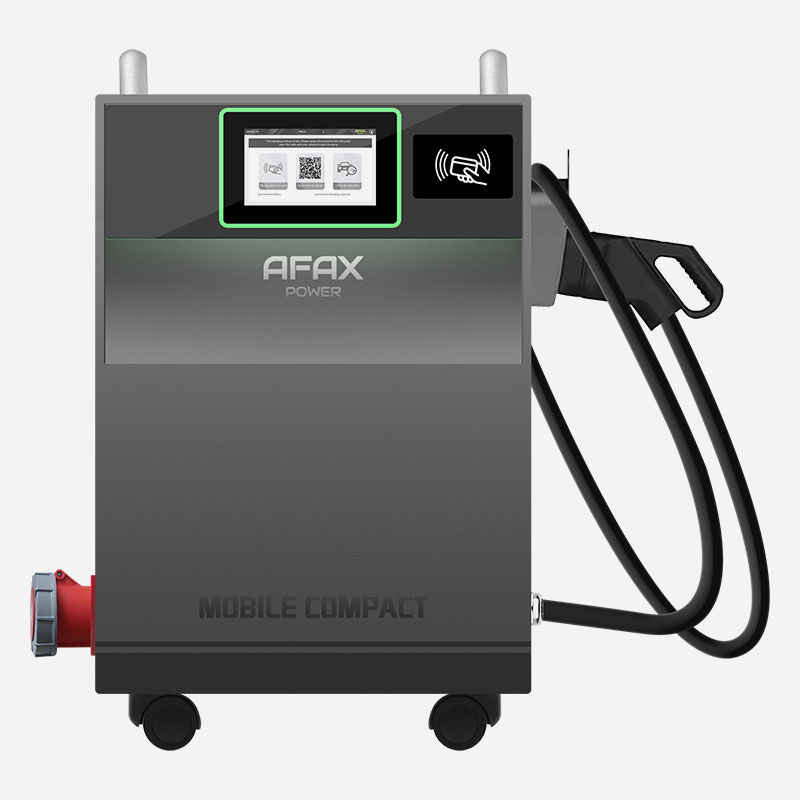How Fast Can an AC EV Charger Fully Power an Electric Vehicle?
- afaxpower5
- Jul 16, 2024
- 2 min read
Electric vehicles (EVs) have become more popular in recent years, and the infrastructure to support them, particularly charging stations, has also grown rapidly. One common type of charger is the AC (alternating current) charger. This article explores how long it typically takes for an AC EV charger to fully power an electric vehicle.
Understanding AC EV Chargers
An AC EV charger converts the AC power from the grid into DC power that the EV battery can store. The on-board charger in the vehicle performs this conversion. The speed at which an AC charger can charge an EV depends on several factors, including the power output of the charger, the capacity of the vehicle's on-board charger, and the current state of the battery.

Charging Speeds
AC chargers come in different power levels, typically ranging from 3.3 kW to 22 kW. The most common AC chargers are either Level 1 or Level 2 chargers:
Level 1 Chargers: These are the slowest type of EV chargers, typically providing 1.4 kW to 2.4 kW of power. They use a standard household outlet (120V) and can take 20-24 hours to fully charge an EV with a 60 kWh battery.
Level 2 Chargers: These chargers provide 3.3 kW to 22 kW of power and are connected to a 240V outlet. Most residential Level 2 chargers deliver around 7.2 kW, which can charge a 60 kWh battery in about 8-10 hours. Public Level 2 chargers may offer higher power outputs and charge the same battery in as little as 4-6 hours.
Factors Influencing Charging Time
Several factors can influence the time it takes to charge an EV using an AC charger:
Battery Size: Larger batteries take longer to charge. An EV with a 100 kWh battery will take longer to charge than one with a 60 kWh battery, even if the charger’s power output is the same.
State of Charge (SoC): The current charge level of the battery influences charging time. Charging from 20% to 80% is typically faster than charging from 0% to 100% due to battery management systems that slow down charging as the battery nears full capacity.
On-Board Charger Capacity: The capacity of the vehicle's on-board charger limits the maximum power it can accept. If an EV has an on-board charger that can only handle 7.2 kW, using a 22 kW AC charger won't speed up the charging time.
Conclusion
While AC EV chargers are generally slower than their DC counterparts, they are more widely available and convenient for overnight charging at home or at work. The time it takes to fully charge an EV using an AC charger can range from a few hours to over a day, depending on the power output of the charger and the capacity of the vehicle's battery and on-board charger. Understanding these factors can help EV owners better plan their charging needs and make the most of their vehicle's capabilities.




Comments